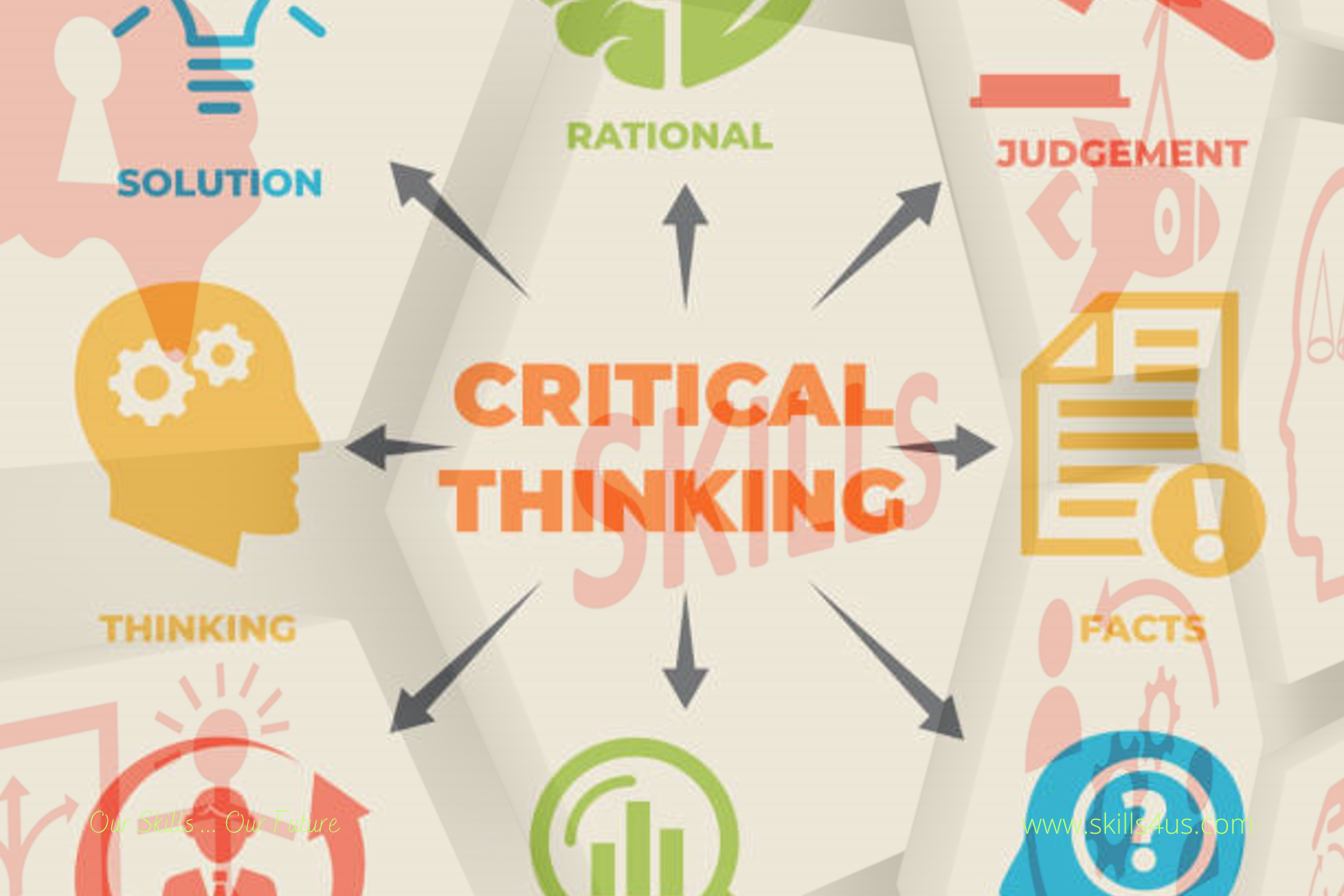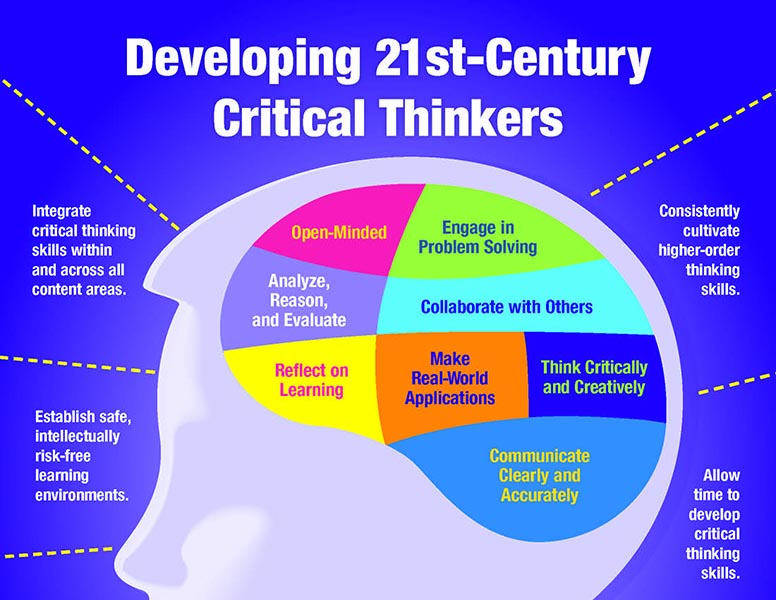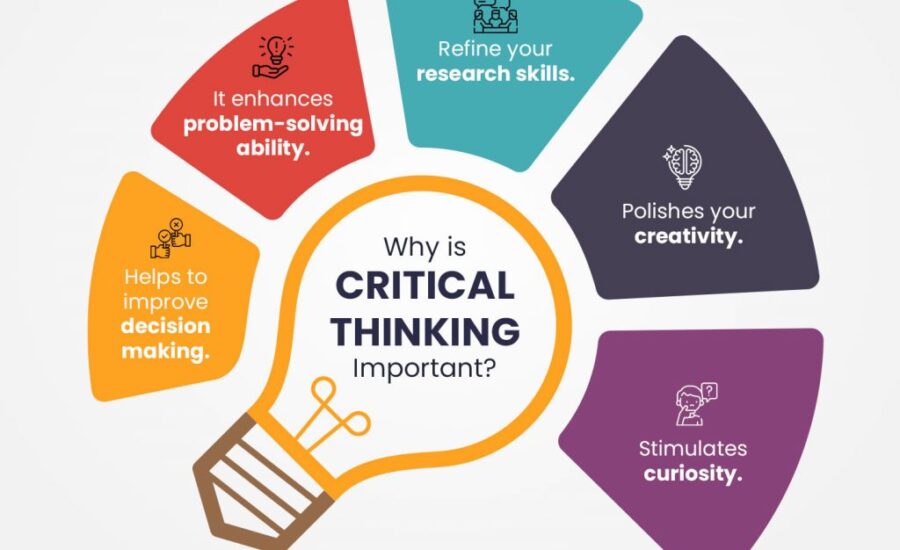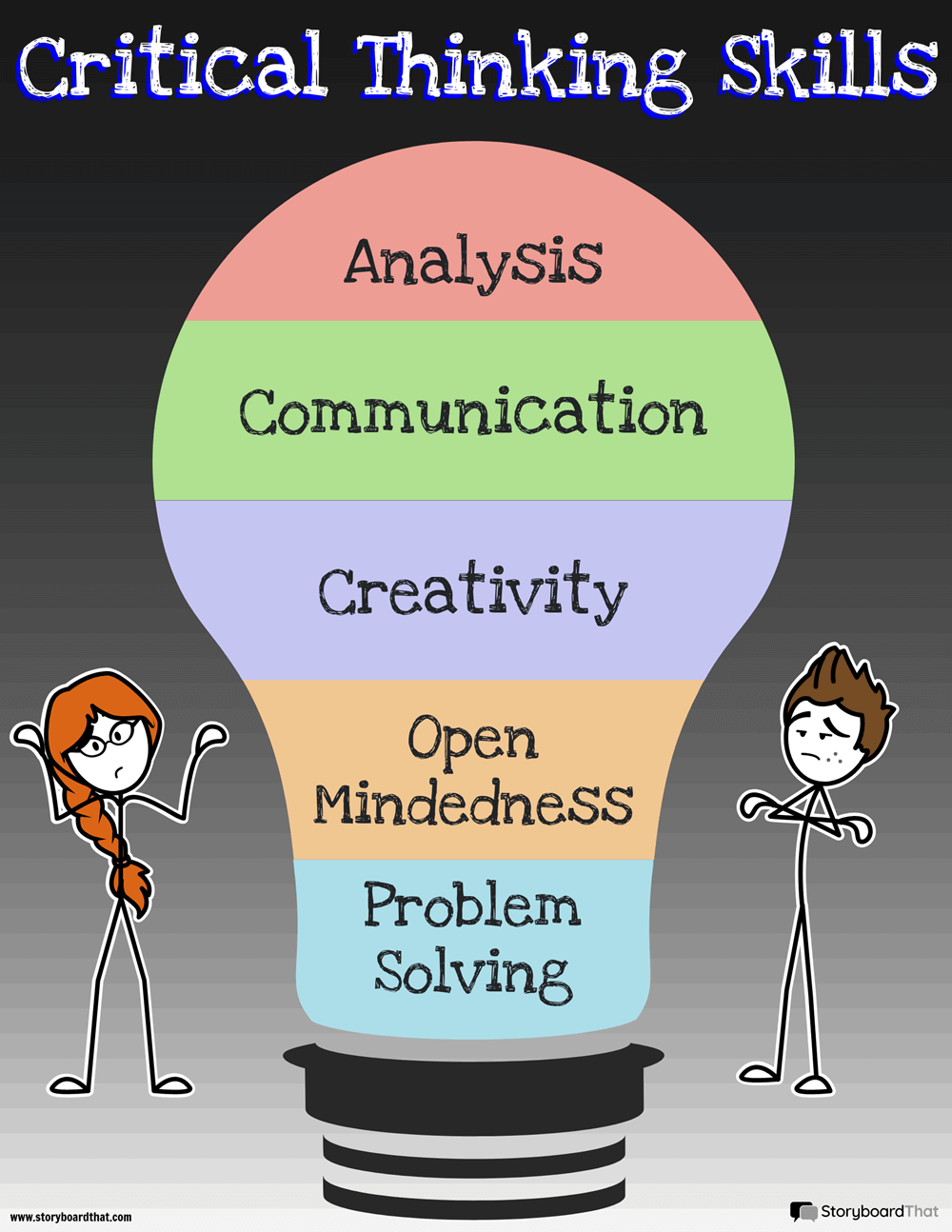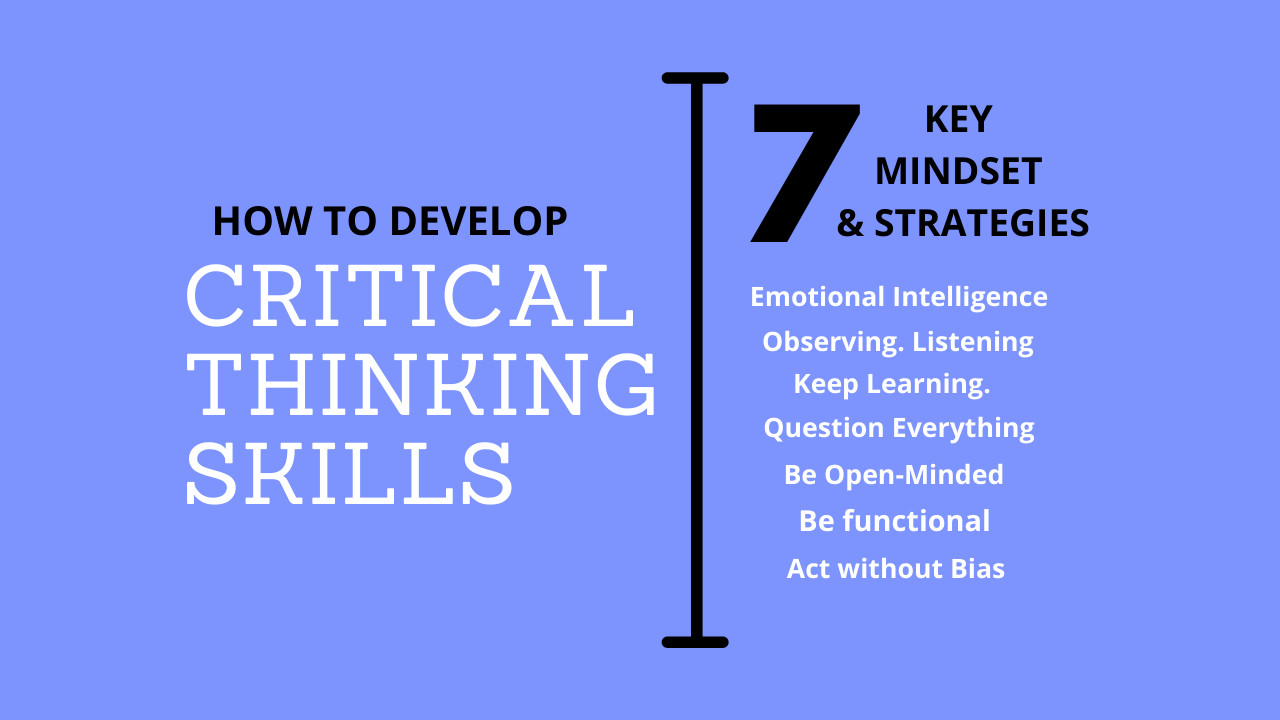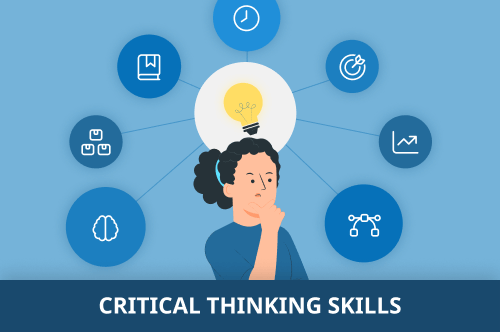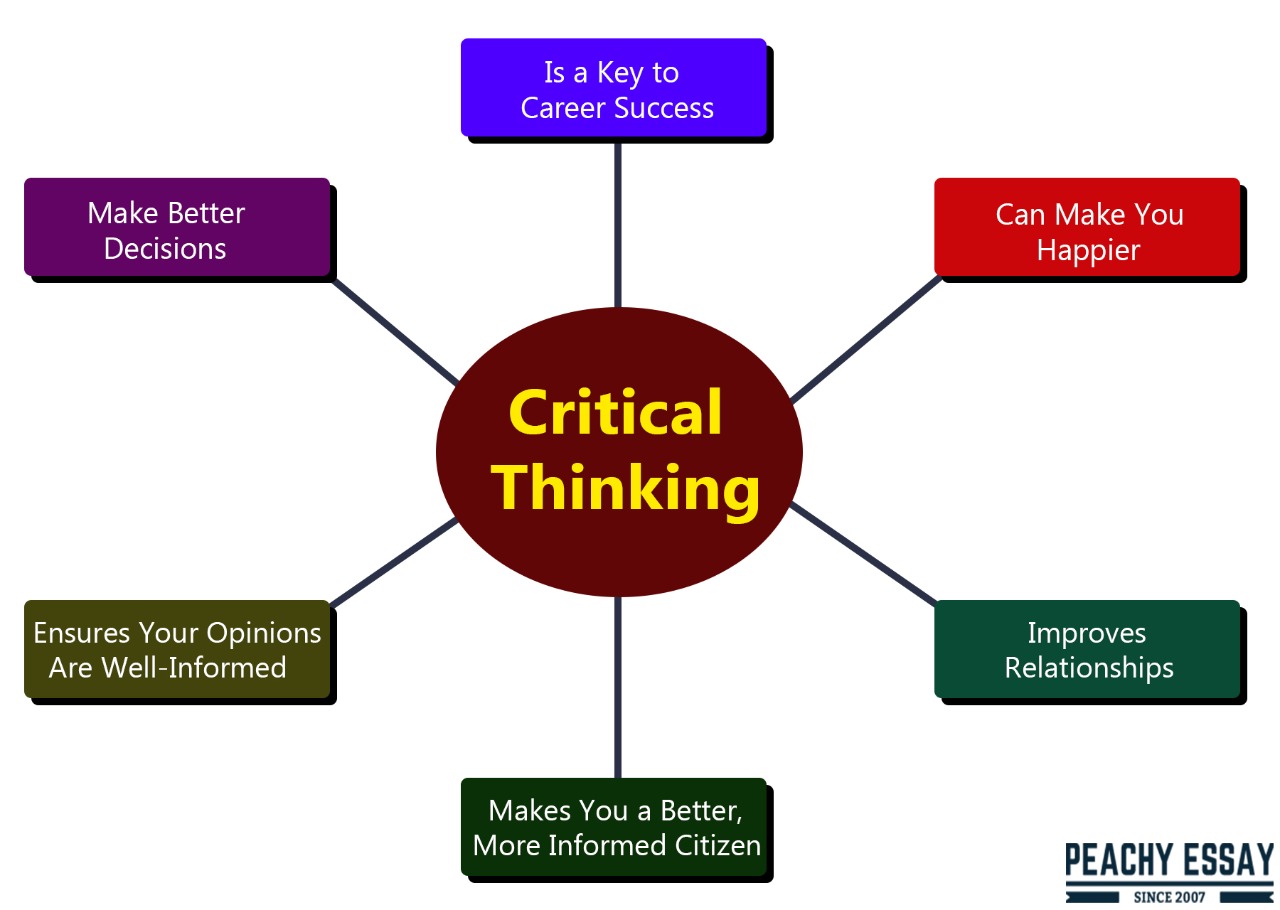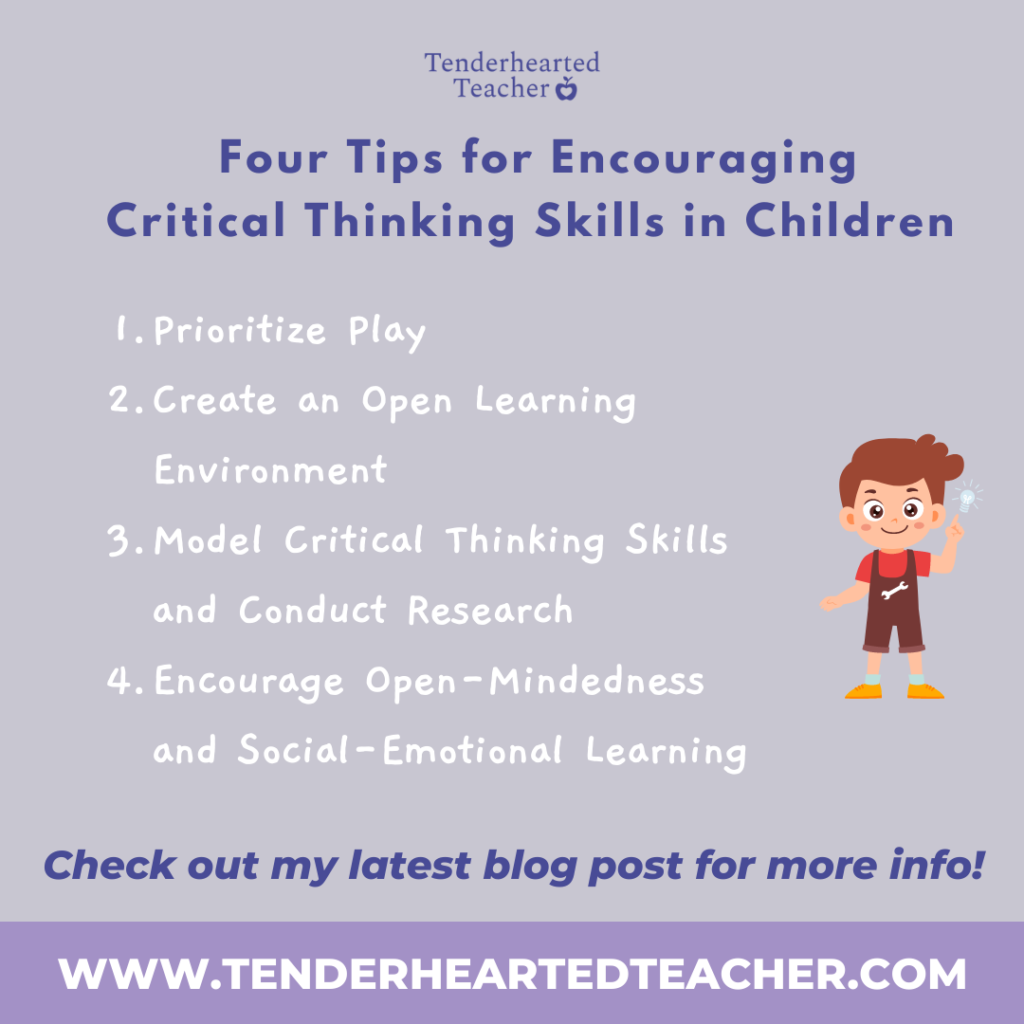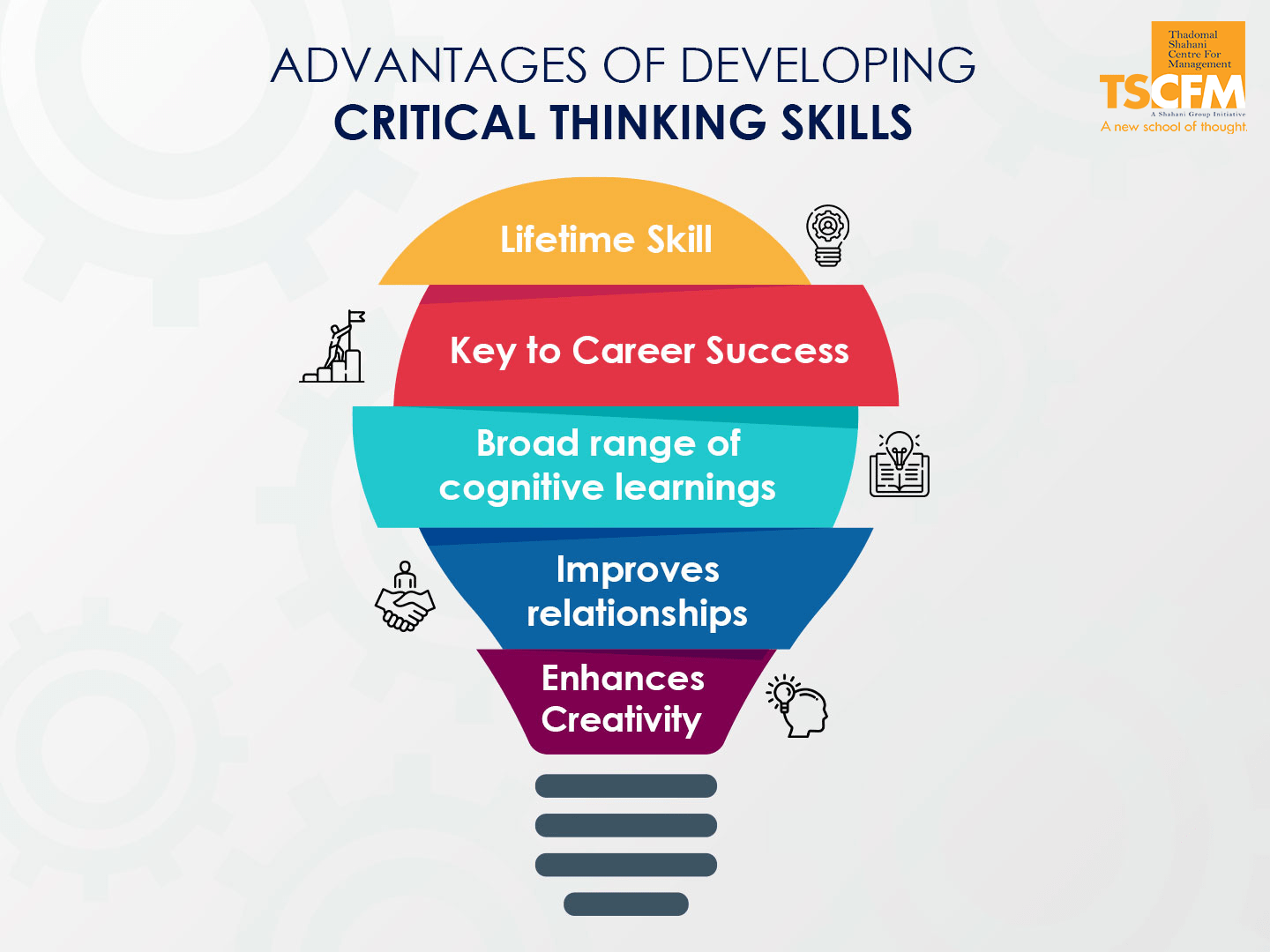When Do Critical Thinking Skills Develop
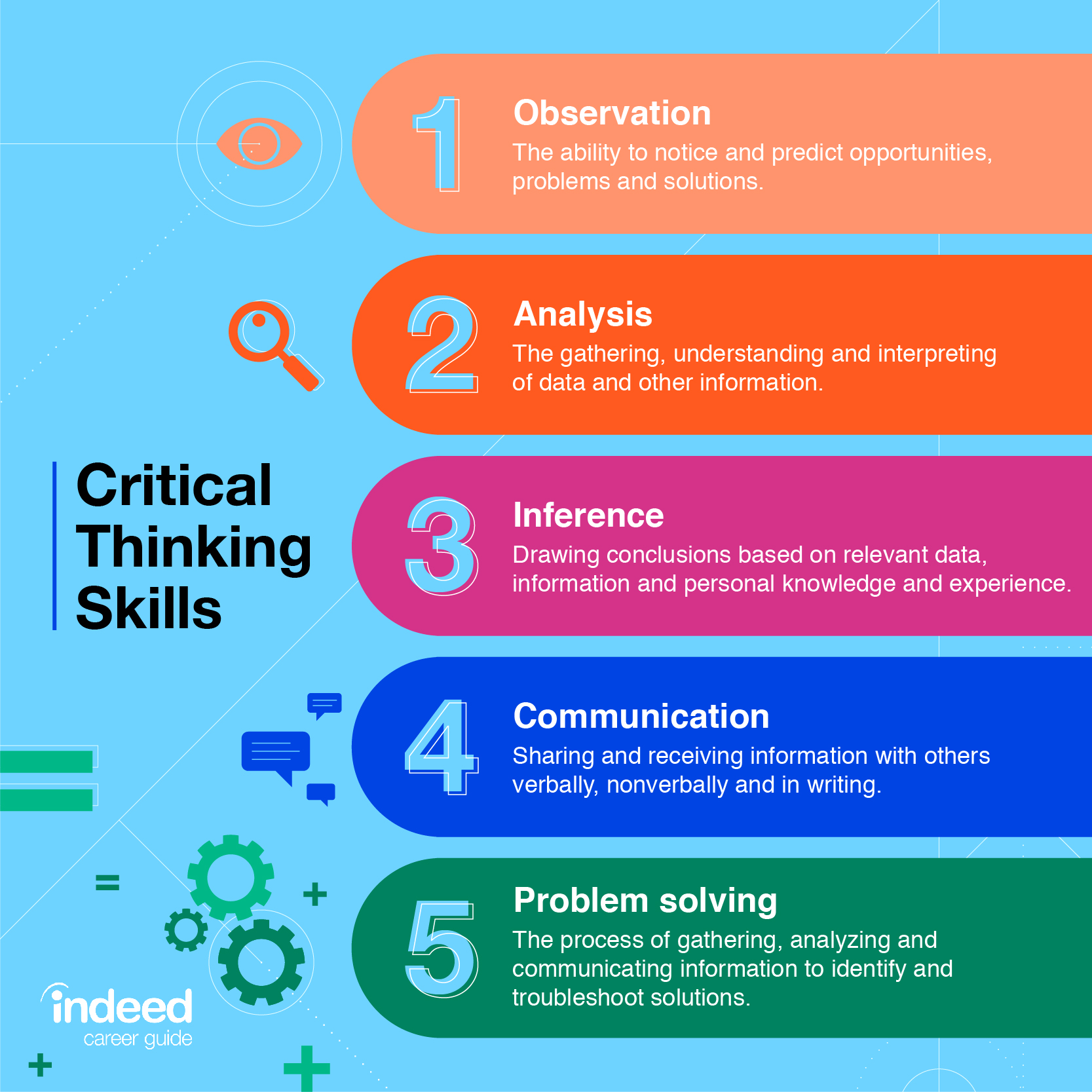
The development of critical thinking skills, long considered a cornerstone of education and personal growth, is a complex process that begins surprisingly early and continues throughout life. While the exact timing and trajectory vary among individuals, research suggests that foundational elements of critical thinking emerge in early childhood and are progressively refined through adolescence and adulthood.
Understanding when these skills develop is crucial for educators, parents, and policymakers seeking to cultivate a generation equipped to navigate an increasingly complex world. Critical thinking allows individuals to analyze information objectively, solve problems effectively, and make informed decisions, impacting everything from academic success to civic engagement.
Early Childhood Foundations
Contrary to the notion that critical thinking is solely the domain of older students, studies indicate that even young children possess rudimentary critical thinking abilities. Researchers at the National Association for the Education of Young Children (NAEYC) highlight the importance of play-based learning in fostering these early skills.
Activities like building blocks, storytelling, and imaginative play encourage children to experiment, explore different perspectives, and consider cause-and-effect relationships. These experiences lay the groundwork for more sophisticated critical thinking processes later on.
Adolescence: A Critical Period
Adolescence marks a significant period in the development of critical thinking. As teenagers' cognitive abilities mature, they become more capable of abstract thought, logical reasoning, and independent judgment, according to a report by the American Psychological Association (APA).
Formal education plays a vital role during this stage. Subjects like mathematics, science, and history provide opportunities for students to analyze data, evaluate arguments, and formulate their own conclusions.
Furthermore, engagement in extracurricular activities, such as debate, student government, and community service, can further hone critical thinking skills by requiring students to apply their knowledge in real-world contexts.
The Role of Environment
The environment in which a child grows up significantly influences their critical thinking development. Exposure to diverse viewpoints, opportunities for open discussion, and encouragement to ask questions are all factors that promote critical thinking.
Conversely, a restrictive or authoritarian environment may stifle critical thinking by discouraging questioning and independent thought.
"The key is to foster intellectual curiosity and create a safe space for children to explore different ideas without fear of judgment,"said Dr. Anya Sharma, a leading educational psychologist.
Adulthood: Lifelong Learning
Critical thinking is not a static skill; it continues to develop throughout adulthood. Experiences in the workplace, personal relationships, and civic life all contribute to its ongoing refinement.
Continuing education, professional development programs, and engagement in intellectual pursuits can further enhance critical thinking abilities in adults. Lifelong learning is essential for maintaining and improving these skills in an ever-changing world.
Impact on Society
The development of critical thinking skills has far-reaching implications for society as a whole. A population equipped with strong critical thinking abilities is better able to address complex societal challenges, such as climate change, economic inequality, and political polarization.
Critical thinking also promotes informed decision-making at the individual level, leading to better health outcomes, financial stability, and overall well-being. Furthermore, it is essential for a healthy democracy, enabling citizens to evaluate information critically and participate meaningfully in civic discourse.
In conclusion, the development of critical thinking skills is a lifelong journey that begins in early childhood and continues throughout adulthood. By understanding the key stages and factors that influence this process, educators, parents, and policymakers can create environments that nurture critical thinking and empower individuals to thrive in an increasingly complex world. Investing in critical thinking is an investment in the future.
